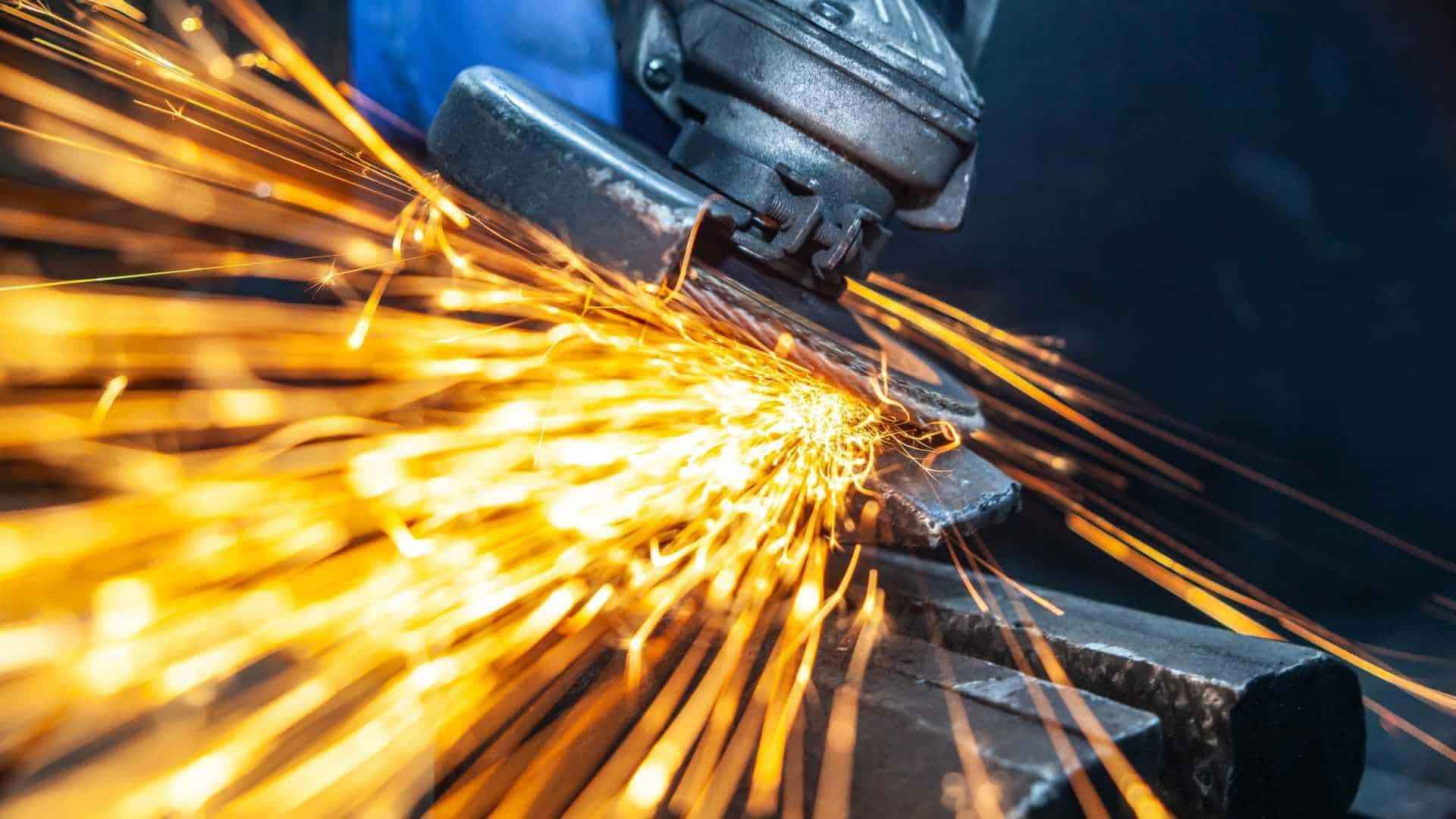


 349,500 Offered Certificates
349,500 Offered Certificates
 24/7 Online Training
24/7 Online Training
 Money Back Guarantee
Money Back Guarantee
 Fully Accredited Courses
Fully Accredited Courses

Created at: 22-02-2025 21:09
Abrasive wheels are powerful tools used across various industries, including construction, manufacturing, and automotive services. However, their misuse can lead to severe injuries and costly accidents. Understanding common mistakes and the importance of comprehensive training is paramount for ensuring a safe working environment. This blog explores frequent errors made by workers while using abrasive wheels and how proper training can mitigate these risks.
Abrasive wheels can generate significant force and heat, making their proper handling crucial. In cities like Dublin, Cork, and Galway, the utilization of abrasive wheels is common in various sectors, increasing the likelihood of mistakes due to high operational costs and tight deadlines.
Effective training programs are essential to ensure that workers understand the risks associated with abrasive wheels and how to mitigate them. Here’s how comprehensive training can address the common mistakes identified:
Obtaining certified training allows workers to learn about:
Periodic courses ensure that employees are up-to-date with safety practices and are reminded of the risks involved in operating abrasive wheels.
Training can influence culture within organizations where wearing PPE becomes the norm, reducing injuries significantly.
Training programs emphasize the importance of conducting thorough risk assessments to prepare workers for potential hazards.
Regular training promotes adherence to established safety protocols, reducing incidents across workplaces in cities like Cork and Galway.
Common mistakes in abrasive wheel operations can lead to devastating consequences, particularly in high-activity cities like Dublin, Cork, and Galway. By implementing certified abrasive wheels training and actively working towards a culture of safety, companies can reduce workplace accidents and enhance employee well-being.
For further information on accredited Abrasive Wheels Training in Dublin, Cork, Galway, Limerick, and Waterford, visit our training page or contact us at [email protected]. Ensure your workforce is safe and compliant with the correct training today!